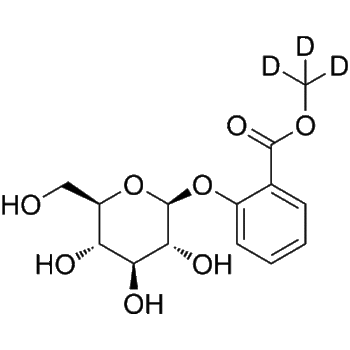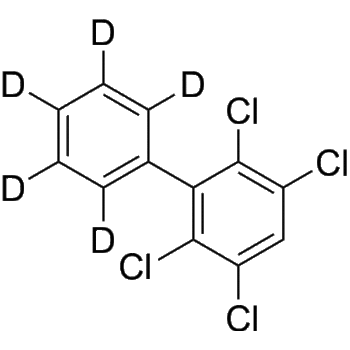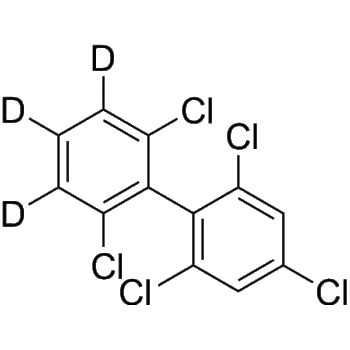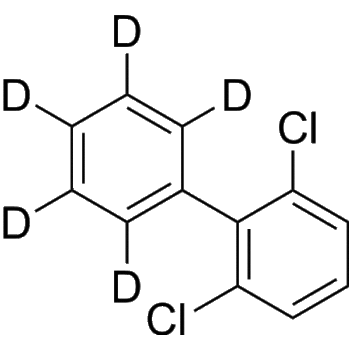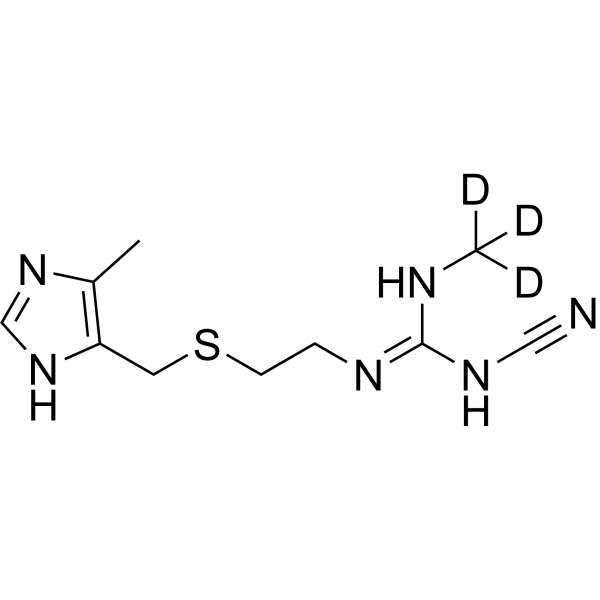
Download Files:
Cimetidine-d3
SKU
HY-14289S-1 mg
Category Isotope-Labeled Compounds
Tags Cancer; Endocrinology, GPCR/G Protein;Immunology/Inflammation;Neuronal Signaling, Histamine Receptor
$760
Only 1000 item(s) left in stock.
Products Details
Product Description
– Cimetidine-d3 is the deuterium labeled Cimetidine. Cimetidine (SKF-92334) is an orally active and inverse histamine H2 receptor antagonist with a Ki of 0.6 μM. Cimetidine is an inverse agonist. Cimetidine has anti-cancer and anti-inflammatory activity[1][2][5].
Web ID
– HY-14289S
Shipping
– Room temperature
Molecular Formula
– C10H13D3N6S
References
– [1]Longhini, R., et al., Cimetidine Reduces the Alveolar Bone Loss in Induced Periodontitis in Rat Molars. J Periodontol, 2013.|[2]M J Smit, et al. Inverse agonism of histamine H2 antagonist accounts for upregulation of spontaneously active histamine H2 receptors. Proc Natl Acad Sci U S A. 1996 Jun 25;93(13):6802-7.|[3]Takahashi, H.K., et al., Cimetidine induces interleukin-18 production through H2-agonist activity in monocytes. Mol Pharmacol, 2006. 70(2): p. 450-3.|[4]Sprowl, J.A., et al., Conjunctive therapy of cisplatin with the OCT2 inhibitor cimetidine: influence on antitumor efficacy and systemic clearance. Clin Pharmacol Ther, 2013. 94(5): p. 585-92.|[5]Zheng, Y., et al., Cimetidine suppresses lung tumor growth in mice through proapoptosis of myeloid-derived suppressor cells. Mol Immunol, 2013. 54(1): p. 74-83.|[6]Fukuda, M., K. Kusama, and H. Sakashita, Cimetidine inhibits salivary gland tumor cell adhesion to neural cells and induces apoptosis by blocking NCAM expression. BMC Cancer, 2008. 8: p. 376.|[7]Russak EM, et al. Impact of Deuterium Substitution on the Pharmacokinetics of Pharmaceuticals. Ann Pharmacother. 2019;53(2):211-216.
CAS Number
– 1185237-29-9
Molecular Weight
– 255.36
SMILES
– N#CN/C(NC([2H])([2H])[2H])=N/CCSCC1=C(N=CN1)C
Clinical Information
– No Development Reported
Research Area
– Cancer; Endocrinology
Solubility
– 10 mM in DMSO
Target
– Histamine Receptor
Isoform
– H2 Receptor
Pathway
– GPCR/G Protein;Immunology/Inflammation;Neuronal Signaling
Product type
– Isotope-Labeled Compounds
Disclaimer: All products are for Research use only unless clearly stated otherwise on the product datasheet. Datasheets provided on the website are drafts for reference purpose only and you are requested to always refer to the hard copy included in the kit for your experimentation. Agdia Products are available for delivery only in Canada.
